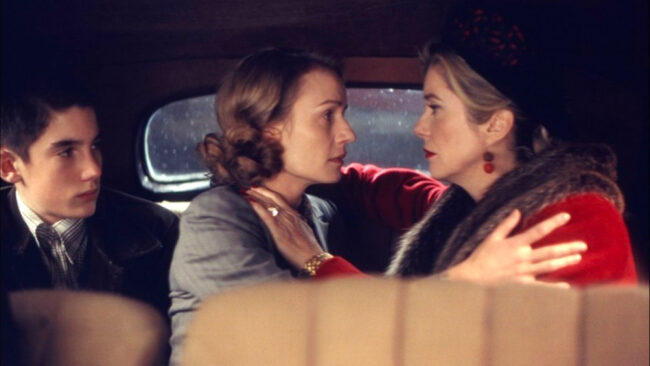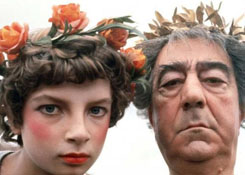To launch our Anniversary Classics Series in 2022, and during Oscar season, we celebrate the first woman ever to be nominated for Best Director, Lina Wertmüller, who died at the end of last year at the age of 93. Just two years earlier, she had won an honorary Oscar at the Academy’s annual Governors Awards for her sterling body of work, spanning more than 50 years. For our Anniversary screening, we are presenting one of the first movies that brought her to the world’s attention, The Seduction of Mimi.
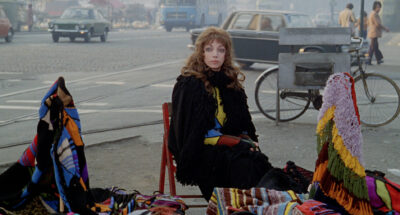
Wertmüller had served an apprenticeship with the great Federico Fellini, and she began directing her own films in the 1960s. When she presented The Seduction of Mimi at the Cannes Film Festival in 1972, she won widespread acclaim. Mimi and the director’s subsequent film, Love and Anarchy, were both released in the United States in 1974, and the press and the public took notice. The following year she scored an even bigger success with the controversial Swept Away, and in 1976 her unique World War II drama, Seven Beauties, earned four Oscar nominations, including two for Wertmüller, for Best Screenplay as well as Best Director. This historic nomination of a female director was not repeated until 1993 when Jane Campion earned a nod for The Piano.
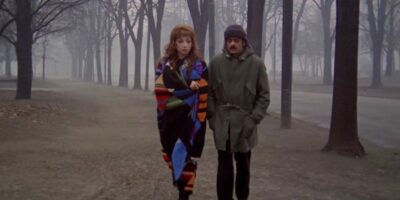
In The Seduction of Mimi, Wertmüller’s favorite leading man, Giancarlo Giannini, plays a laborer torn between the Mafia and the Communist Party. As he travels from Sicily to Rome, he also gets involved with several women in addition to his wife. One of his lovers is played by another of Wertmüller’s favorite actors, Mariangela Melato, who co-starred with Giannini in Love and Anarchy and Swept Away as well as Mimi. Giannini’s other co-stars in The Seduction of Mimi include Elena Fiore and Agostina Belli.
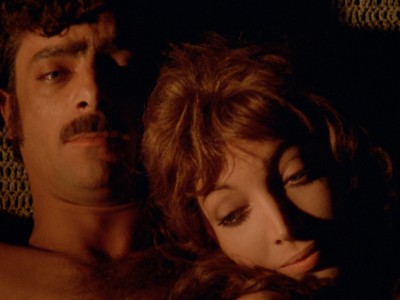
Writing in The New York Times, Nora Sayre said, “the politics and sex are so well balanced that all the raw emotions and the devastating jokes ring true.” Sayre added, “The Seduction of Mimi is one of the best films of this season.” The Los Angeles Free Press declared, “Wertmüller is a supreme satirist.”

This 50th anniversary screening will play at four Laemmle locations: the Royal in West Los Angeles, the Playhouse in Pasadena, Glendale and Newhall.
https://www.youtube.com/watch?v=ytGPSC35SfI

![Tickets: http://laemmle.com/film/suburbia | Subscribe: http://bit.ly/3b8JTym | When household tensions and a sense of worthlessness overcome Evan, he finds solace with the orphans of a throw-away society. The runaways hold on to each other like a family until a tragedy tears them apart.
Tickets: http://laemmle.com/film/suburbia
RELEASE DATE: 7/24/2024
Director: Penelope Spheeris
Cast: Bill Coyne, Chris Pedersen, Jennifer Clay, Timothy Eric O'Brien, Wade Walston, Mike B. The Flea
-----
ABOUT LAEMMLE: Since 1938, Laemmle [Theatres] has been showing the finest independent, arthouse, and international films.
Subscribe to Laemmle's E-NEWSLETTER: http://bit.ly/3y1YSTM
Visit Laemmle.com: http://laemmle.com
Like LAEMMLE on FACEBOOK: http://bit.ly/3Qspq7Z
Follow LAEMMLE on TWITTER: http://bit.ly/3O6adYv
Follow LAEMMLE on INSTAGRAM: http://bit.ly/3y2j1cp](https://90bb70.p3cdn2.secureserver.net/wp-content/plugins/feeds-for-youtube/img/placeholder.png)
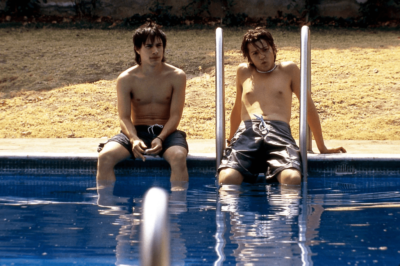
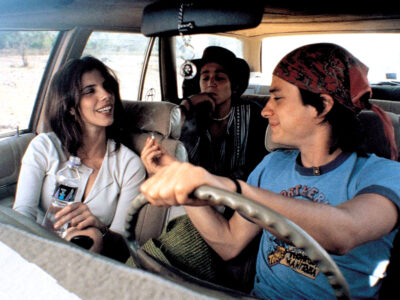
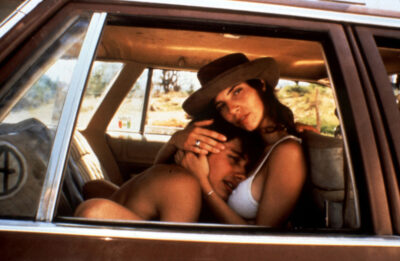
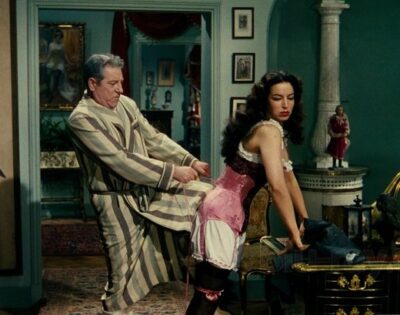
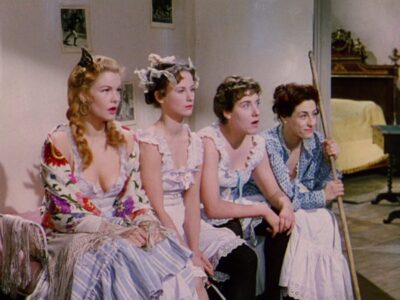
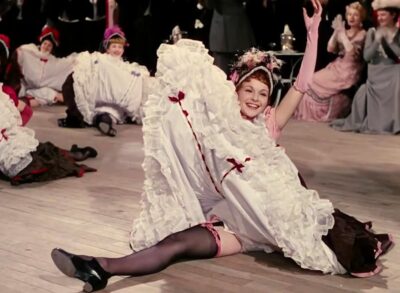
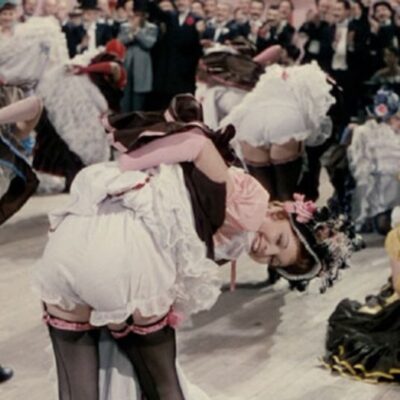
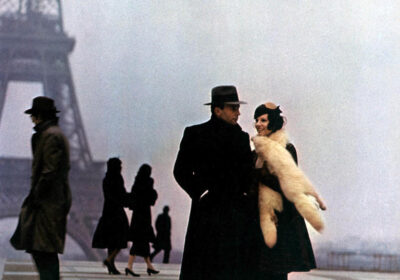

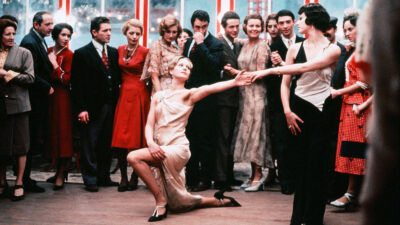
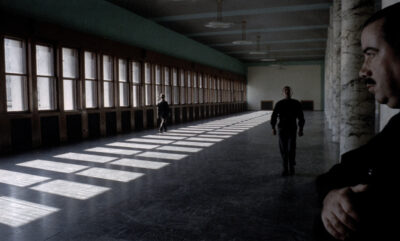
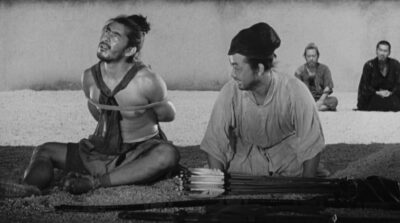
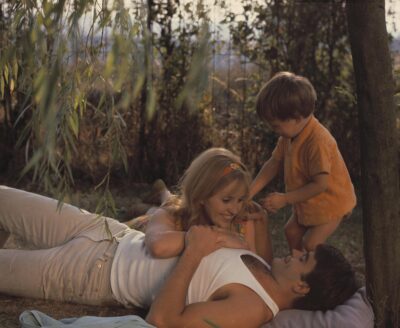

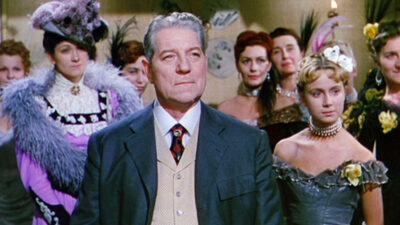
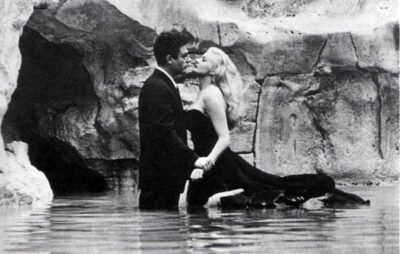
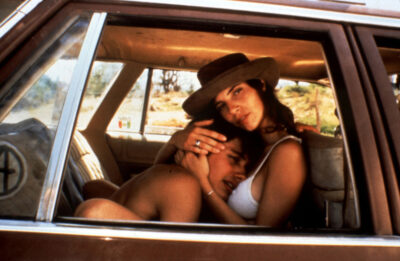
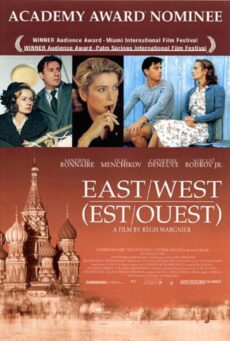 Laemmle Theatres and the Anniversary Classics Series present this month’s film in our popular Anniversary Classics Abroad program: Regis Wargnier’s compelling and increasingly timely thriller,
Laemmle Theatres and the Anniversary Classics Series present this month’s film in our popular Anniversary Classics Abroad program: Regis Wargnier’s compelling and increasingly timely thriller, 